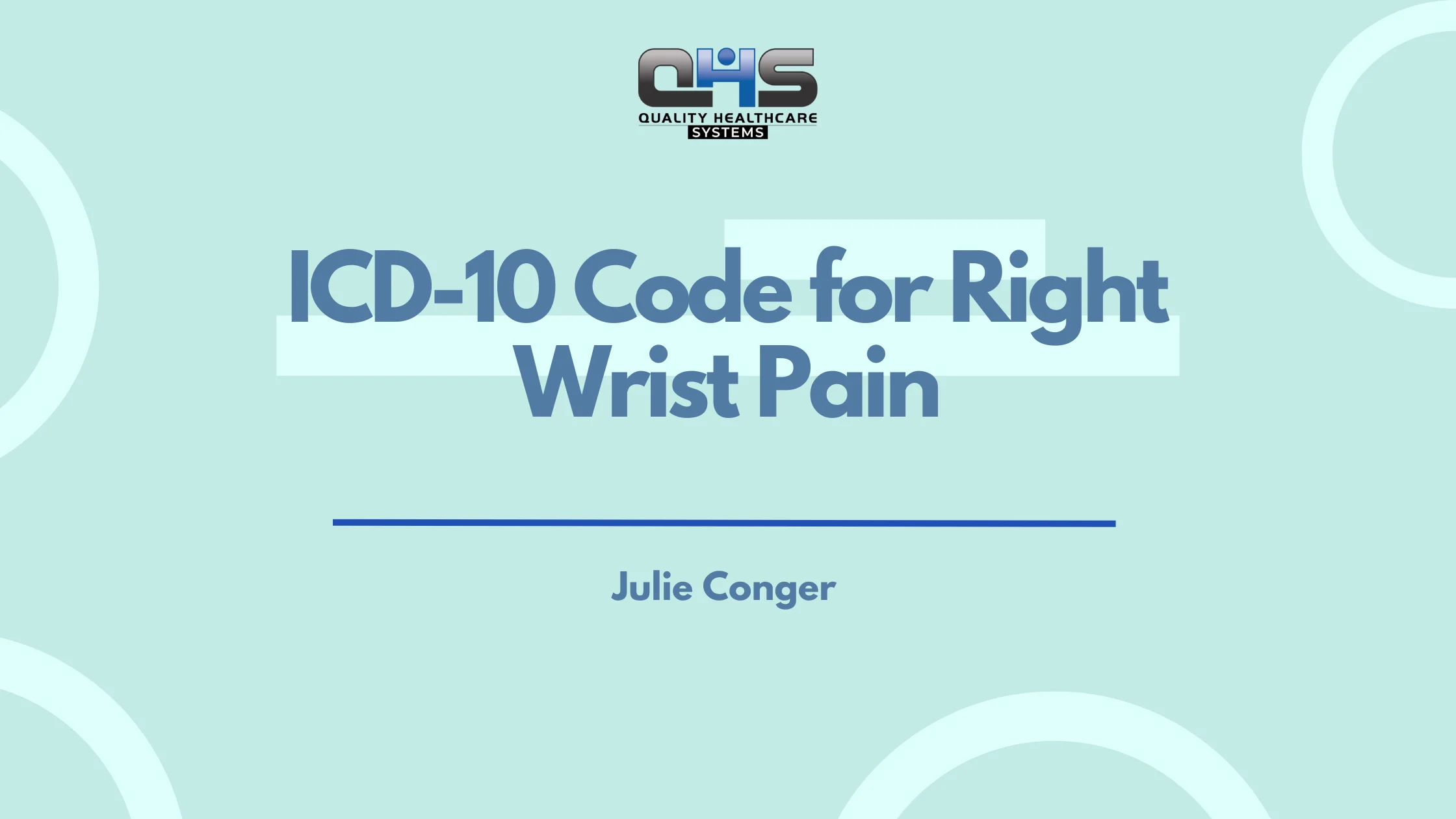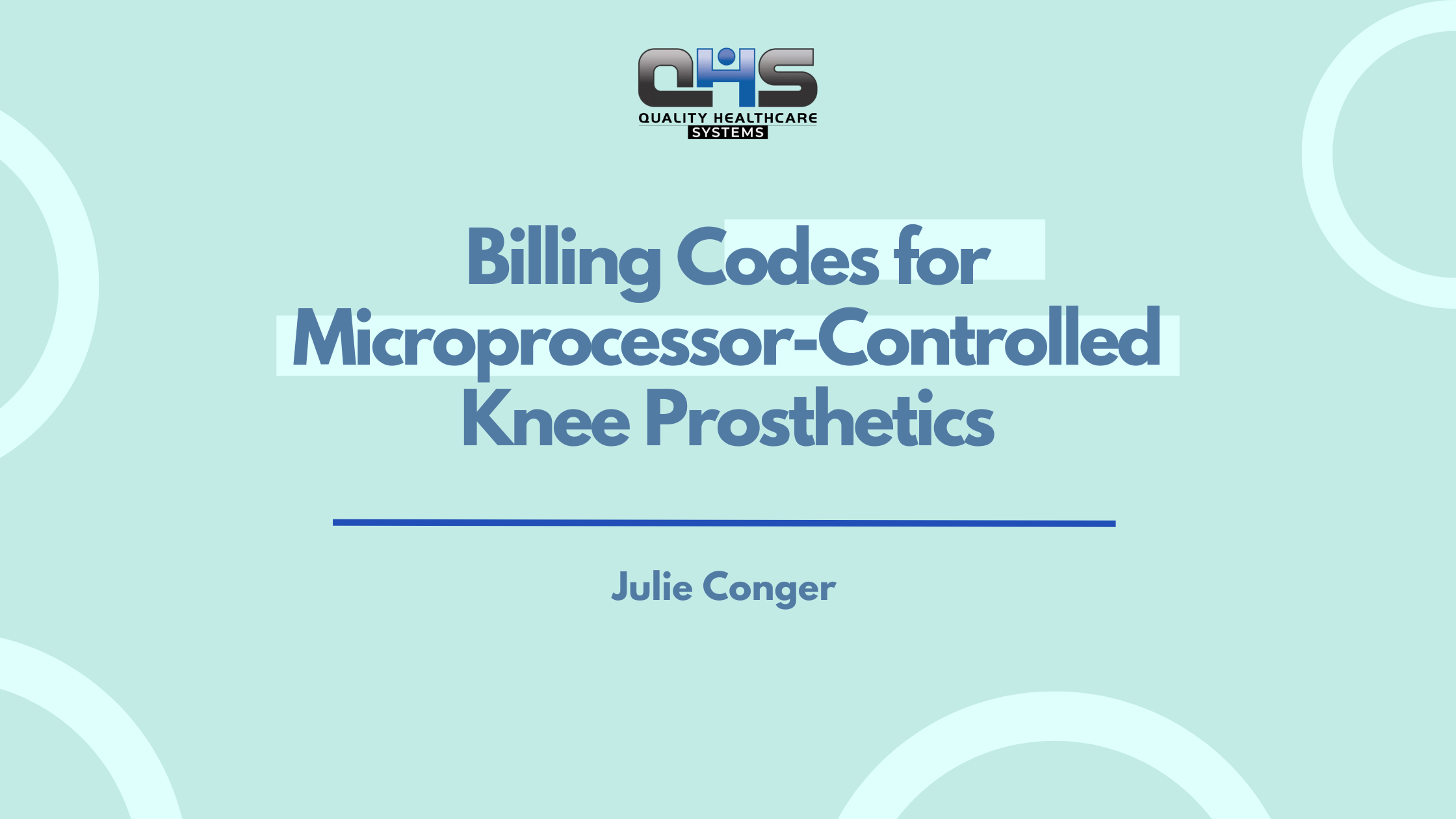The ICD-10 code for right wrist pain is M25.531. This billable code is used in the ICD-10-CM system to classify pain that is specifically located in the right wrist. It falls under the category of musculoskeletal disorders and is essential for accurate diagnosis documentation, insurance claims, and treatment planning.
Healthcare providers, coders, and billing professionals rely on M25.531 to ensure claims are reimbursed appropriately and patient records reflect true clinical symptoms.
What Is the ICD-10 Code for Right Wrist Pain?
The correct ICD-10-CM code for right wrist pain is M25.531. This code is used when the pain is localized in the right wrist and is not associated with a more specific diagnosis such as a fracture or sprain. It ensures accurate reporting and enables insurance billing for patient care.
The ICD-10-CM code M25.531 belongs to the “M” chapter for musculoskeletal system disorders. It indicates pain that is not attributed to a trauma or disease but is clinically significant. This is important in primary care, urgent care, orthopedics, and occupational medicine settings.
Being a billable/specific ICD-10-CM code, M25.531 can be used in outpatient claims and documentation. Providers must ensure the documentation supports the location (right wrist), symptom severity, and absence of a definitive diagnosis.
This code also plays a critical role in:
- Insurance claim submission
- EHR data entry
- Care coordination among specialists
- Audits and compliance reporting
Understanding M25.531: What Does This Code Represent?
M25.531 represents pain localized in the right wrist, without an underlying diagnosis like fracture or arthritis. It helps document the clinical symptom while ruling out more specific conditions.
M25.531 is part of the broader ICD-10-CM structure:
- M25 – Other joint disorders
- .5 – Joint pain
- .31 – Wrist pain
- .531 – Pain in right wrist
This code is most commonly used in initial evaluations when patients present with wrist pain but the cause is uncertain. It may be revised later when imaging or testing provides a definitive diagnosis. The code does not specify a mechanism or pathology, which makes it ideal for initial documentation and conservative treatment approaches.
It is often assigned when a patient:
- Reports right wrist pain with no history of trauma
- Has unclear X-ray or MRI results
- Requires rest, NSAIDs, or physical therapy
Symptoms That Justify Using M25.531
M25.531 should be used when a patient presents with non-specific pain in the right wrist without a clear etiology. Symptoms must be clearly documented and localized to the right wrist.
Common justifying symptoms:
- Pain while rotating or flexing the wrist
- Swelling or tenderness with no trauma
- Morning stiffness or reduced mobility
- Discomfort while writing, typing, or lifting objects
- Pain worsened by repetitive motion
This code applies when:
- No sprain, fracture, or tendinitis is confirmed
- Pain is idiopathic or part of early-stage degenerative changes
- The provider’s focus is symptomatic treatment or further diagnostics
In documentation, ensure:
- Laterality is noted (right wrist)
- The pain’s duration, intensity, and impact on function is recorded
- Objective findings (limited ROM, palpation tenderness) are included
Related ICD-10 Codes for Wrist Pain
In addition to M25.531, other ICD-10 codes may be used depending on location, laterality, or cause. It’s important to differentiate between codes based on specificity and diagnosis.
| Condition | ICD-10 Code | Description |
|---|---|---|
| Pain in left wrist | M25.532 | Localized to left wrist only |
| Pain in unspecified wrist | M25.539 | Use if laterality is not documented |
| Wrist sprain (right) | S63.501A | Initial encounter for sprain of right wrist |
| Carpal tunnel syndrome (right upper limb) | G56.01 | For median nerve compression |
| Osteoarthritis, right wrist | M19.031 | Degenerative joint disease of right wrist |
Medical coders should carefully review documentation to select the correct code. Using M25.531 instead of a more specific diagnosis when one exists may result in claim rejections or compliance issues.
ICD-10 Coding Guidelines for Joint Pain Symptoms
When coding joint pain like M25.531, ICD-10-CM guidelines require accuracy in site, laterality, and specificity. The provider must document the exact location and reason for using a symptom-based code.
Key coding guidelines include:
- Use symptom codes (like M25.531) when a definitive diagnosis is not yet made.
- Always document laterality (right vs. left vs. unspecified).
- Do not assign M25.531 if the pain is caused by a known injury (e.g., sprain or fracture) — use injury codes instead.
- Avoid unspecified codes (e.g., M25.539) unless there’s no clear laterality in documentation.
Coders should ensure the provider’s notes contain:
- A clear indication of right wrist involvement
- Reason for using a symptom code instead of a diagnosis
- Supporting physical exam findings (tenderness, swelling, movement restriction)
Also, always link the code with the appropriate encounter and use modifiers where necessary (e.g., initial, subsequent, sequela).
Clinical Scenarios Where M25.531 Is Used
M25.531 is used in real-world clinical settings when patients present with right wrist pain of unknown origin. It provides a placeholder diagnosis while further investigation or symptomatic care is ongoing.
Here are three typical clinical examples:
- Office Worker with Repetitive Strain
- A 35-year-old administrative assistant reports dull pain in the right wrist after prolonged typing.
- X-rays are unremarkable. Provider prescribes wrist brace and NSAIDs.
- ICD-10-CM Code: M25.531
- Elderly Patient with Gradual Pain Onset
- A 72-year-old female complains of right wrist pain with no trauma. ROM is mildly reduced.
- Arthritis suspected but not confirmed. Referred to rheumatology.
- ICD-10-CM Code: M25.531
- Teen with Pain from Smartphone Use
- A 17-year-old male visits urgent care with right wrist soreness. Overuse suspected.
- Advised to rest and avoid repetitive movement. No imaging needed.
-
ICD-10-CM Code: M25.531
Need Help Billing ICD-10 Codes Like M25.531? QHS Health Has You Covered
Navigating ICD-10 coding for joint pain—like M25.531—can be tricky. QHS Health simplifies the process with expert billing support tailored for small practices. We ensure accurate documentation, reduce denials, and streamline reimbursements. Whether you’re coding symptom-based visits or complex cases, trust QHS Health to handle your billing with precision and compliance.
FAQs
Can M25.531 be used for chronic pain cases?
Yes, M25.531 can be used for both acute and chronic right wrist pain as long as no more specific diagnosis exists.
Is M25.531 accepted by all insurance providers?
Most insurance providers accept M25.531 for symptom documentation, but it must be supported by proper medical records.
Can I bill physical therapy services under M25.531?
Yes, but ensure that documentation supports functional limitation and clinical justification for therapy.
What happens if I use M25.531 when a fracture exists?
Using M25.531 in place of a definitive diagnosis like a fracture code may lead to claim denials or audits.
Should I use unspecified codes like M25.539?
Avoid using M25.539 unless there is no clear documentation of the wrist laterality. Always strive for maximum specificity.






